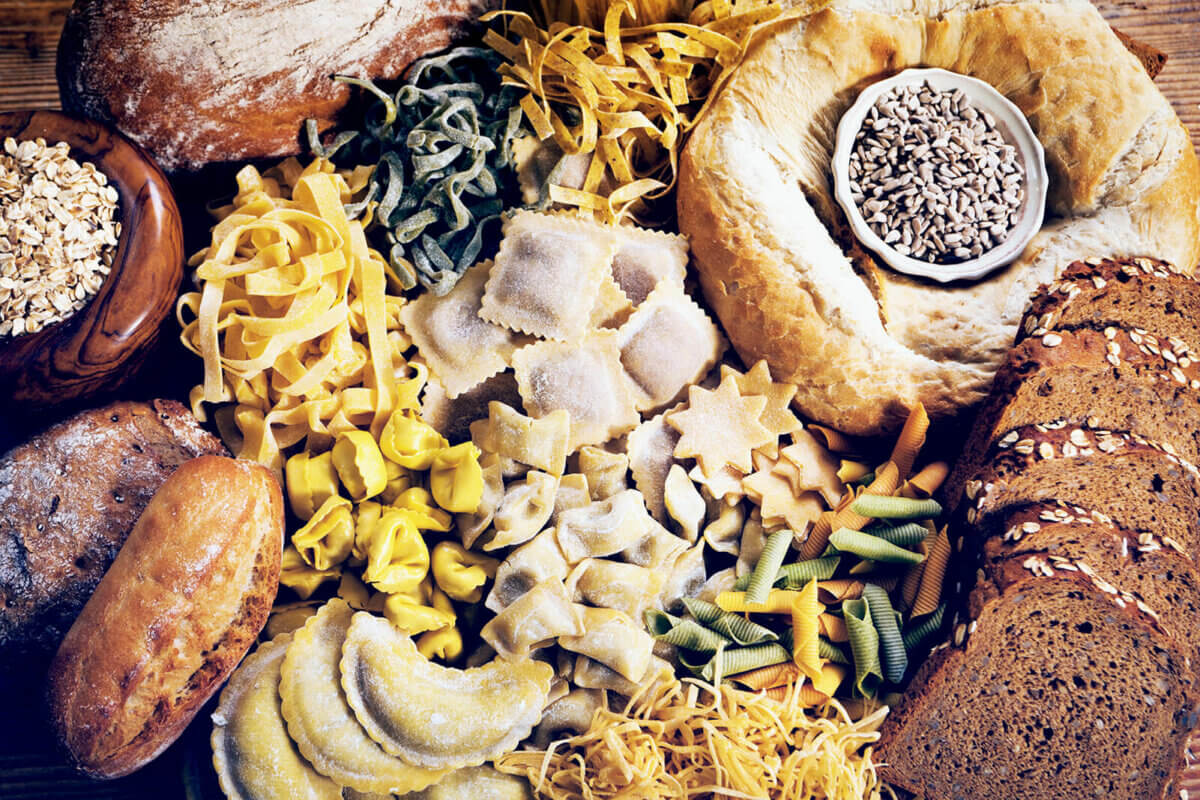Low carb diets have been shown to be equally effective at promoting fat loss as diets high in carbohydrates as long as calories and protein are equated. However, this new study found that low carb diets were actually superior to a hypocaloric diet, even in the absence of a calorie deficit. Can this be true?
Overview
What did they test? The authors looked at the effect of a low carb diet versus a calorie restricted high-er carbohydrate diet on fat loss. They also looked at how the two calorie restricted diets compared to a non-calorie restricted low carb diet and a control group.
What did they find? The calorie restricted low carb diet achieved the greatest weight loss and the non-calorie restricted low carb diet achieved a greater weight loss than the higher carb calorie restricted diet.
What does it mean for you? Although a low carb diet can definitely be effective for fat loss, the limitations of this study in conjunction with the current available literature, still support a calorie deficit being equally effective to low carb diets for long-term weight loss.
What’s the Problem?
You may be asking yourself, “Another carbohydrate article???”. Yes, I know, from looking at whether carbohydrates are helpful for lifting performance to whether a no-carbohydrate diet is beneficial for muscle growth, we sure do spend a reasonable amount of time looking at research focused around the, arguably, most misunderstood and wrongfully vilified macronutrient. As mentioned in previous REPS articles, “carbohydrates are the body’s main energy source and one of the main contributors of energy when exercise intensity is moderate to high 1”. Carbohydrates are not difficult to “find”, with most of us consuming plenty of them daily, with some even overconsuming them without even realizing it.
Given the attention that carbohydrates receive, you’ve probably heard about “good” and “bad” carbs. The term “good” carbs is used to describe complex carbohydrates, ie: carbohydrates made up of sugar molecules that are tied together in complex chains, needing more time to be broken down and thus resulting in a more gradual increase in blood sugar. “Good” carbs come from sources high in fiber and other nutrients like whole grains, peas, etc. The term “bad” describes simple carbohydrates, ie: sugars, that are broken down by the body much quicker than complex carbohydrates often resulting in a fast increase in blood sugar and insulin release from the pancreas. They’re often termed “bad” as they can be found in refined sugars in a bunch of highly processed foods that lack nutrients and are often also high in fat, calories, but low in volume. However, simple carbs are also found in foods like fruits, milk and rice, that don’t always carry such a bad rep.

Although it’s true that a diet high in fiber that is mostly based on whole foods, and will therefore include plenty of complex carbohydrates will probably be more healthy than a diet based on processed foods which are low in fiber and other micronutrients, calling simple carbs “bad” is not necessarily appropriate as they can still be consumed as part of a healthy diet and can even be used around exercise to provide readily available energy. When it comes to carbohydrate consumption, people often tend to miss the forest for the tree, as they want to believe that cutting out particular foods will be the magic solution they’ve been looking for to improve their health and body composition. As far as health goes, yes, consuming plenty of fiber will probably lead to favorable health outcomes versus consuming little to no fiber 2; however, you can still overeat complex carbohydrates and gain fat, which may lead to worse health outcomes in the long term. You can also be perfectly healthy while consuming plenty of “bad” carbs as long as you maintain a healthy body composition and your physical activity habits are on point. And that’s what it all usually comes down to. Eating relatively healthy and managing your daily energy intake. Most people are not as aware of the foods they consume as a lot of the readers of REPS and will often find themselves in situations where they can’t manage their daily energy intake appropriately. You often hear these people swearing that “cutting X food” helped them lose weight when nothing else worked. In reality, it wasn’t the food, or type of carbohydrate, that was causing them to gain weight, but rather the fact that they were eating more calories than their body was burning.
For example, in 2019, Hall et al 3 carried out a study where participants followed either an unprocessed or an ultra-processed diet for 2 weeks where they were provided with 3 standard meals per day and asked to consume as much of them as they wanted. The unprocessed and processed groups received meals that amounted to the same amount of calories and had a similar macronutrient composition. However, the group that was eating ultra-processed foods, ended up eating significantly more calories than the unprocessed diet group (around 500kcal more and mostly from extra carbs and fat) which resulted in weight gain.







